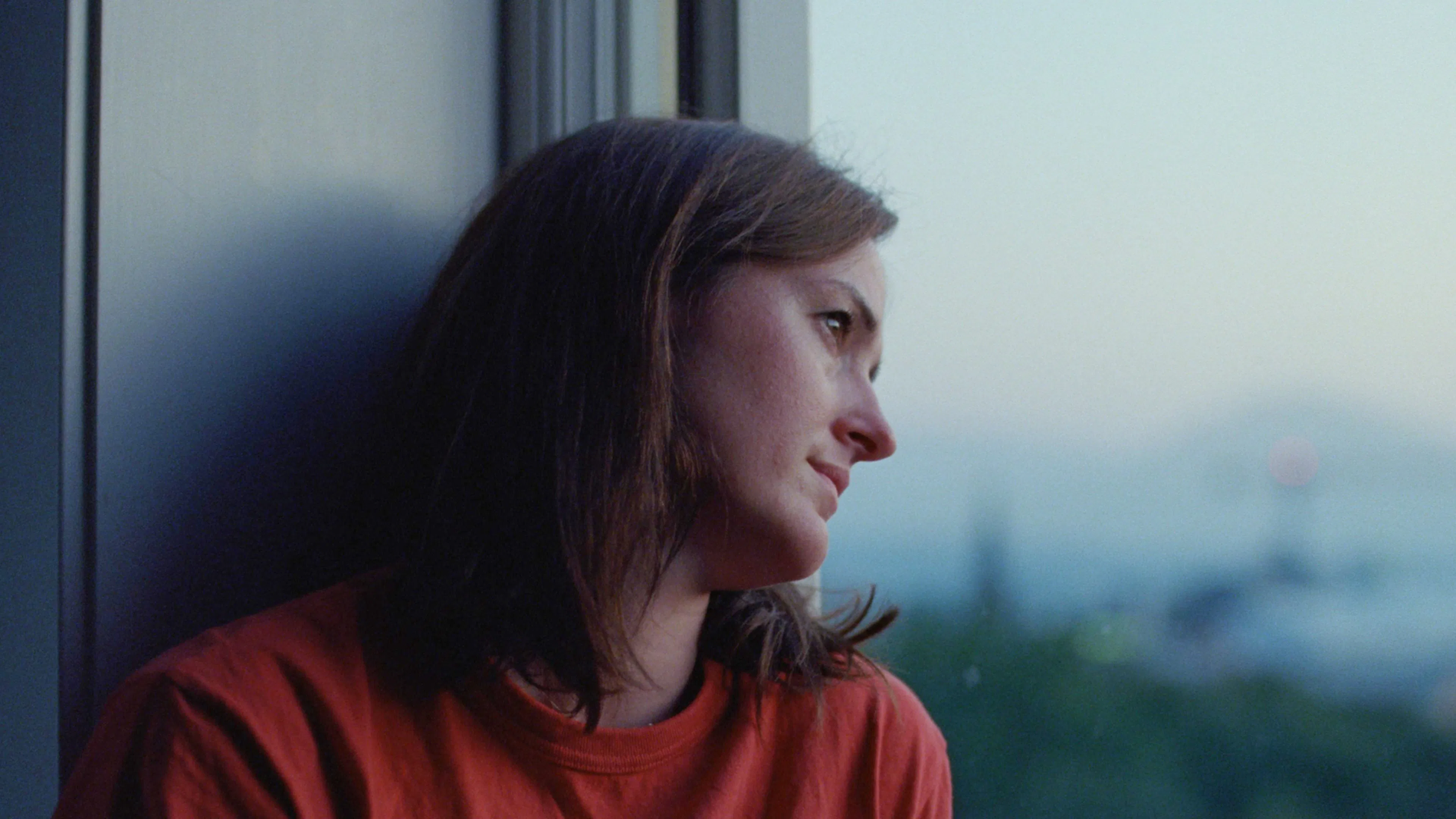Issue
65
Sentimental Value

- Director:Joachim Trier|
- Screenwriter:Eskil Vogt, Joachim Trier|
- Distributor:Neon|
- Year:2025
Would a house rather be empty or full?
Do its floors enjoy being trod upon, or is our very presence on them a nuisance? When we first meet Nora (Renate Reinsve), it’s as a six-year-old who’s been assigned to write an essay from the perspective of an object. She chooses her house, which has been in the family for generations — births, deaths, and everything in between — and, like many imaginative children, can’t help thinking of it as a person. Her ruminations serve as Sentimental Value’s prologue, which introduces us not only to the mind of its heroine but also the Dragestil (“dragon style”) home that is both its setting and its soul.
A movie about fathers, daughters, and the healing power of art, Joachim Trier’s latest might sound saccharine on paper — especially with that title. But Trier, one of Norway’s most accomplished filmmakers, is decidedly unsentimental. (He is Scandinavian, after all.) His movies serve as quiet meditations on the inherent melancholy of attempting to forge meaningful connections while figuring out who it is we want to be. His understated approach allows the genuine feelings behind every small action to stand on their own terms, eliciting a heartfelt response without being manipulative or overtly tugging at the heartstrings.
Reinsve also played the title role in Trier’s The Worst Person in the World, a bracingly good performance for which she won Best Actress laurels at the Cannes Film Festival. She’s one of those actors who never seems to be acting, just drawing different aspects of her characters to the surface in a strikingly naturalistic way. That makes her the perfect leading lady for Trier, whose observational dramas are rooted in nuanced portrayals of complex emotions and interpersonal dynamics that, like the family home, feel lived-in and authentic.
It also makes it a bit ironic that her character is an actress. After passing on an opportunity to star in her estranged father’s (Stellan Skarsgård) new film, Nora is nonplussed when he manages to cast a movie star (Elle Fanning) in a role he claims to have written for his daughter. He insists the character isn’t based on his mother despite a mountain of evidence to the contrary, including and especially the fact that the story ends with her hanging herself in the same room where his mother did decades earlier. He even plans to film the project in the family home, which belongs to him now that his ex-wife, the mother of Nora and her sister Agnes (Inga Ibsdotter Lilleaas), has died.
Gustav is a better filmmaker than father. Absent for most of his daughters’ childhoods, he expects to be welcomed back into the fold without question and can’t even compliment Nora’s acting ability without dismissing the projects she stars in: “It’s not that I hate theater,” he tells her, “I just hate watching it.” But she wants a dad, not a director, and feels that to accept the role he’s offered is to tell him it’s okay for him to enter and exit her life as he pleases. (He is a good grandpa, however, and the funniest scene of the entire movie involves him gifting his young grandson DVDs of utterly age-inappropriate movies like The Piano Teacher and Irreversible.)
Trier, one of Norway’s most accomplished filmmakers, is decidedly unsentimental. (He is Scandinavian, after all.)
Skarsgård, a titan of Scandinavian cinema whose extensive resume ranges from Breaking the Waves and Good Will Hunting to Pirates of the Caribbean and Chernobyl, plays Gustav as the kind of artist who thinks talent excuses bad behavior. He meets the highly sought-after Rachel Kemp (Fanning) by chance at a film festival and parlays her admiration for his work into a collaboration, suddenly turning his dead-in-the-water project into a Netflix production with international buzz. It feels off almost immediately. She dyes her hair brown like Nora’s and attempts a Norwegian accent, both of which feel as artificial and affected as they are. Given how genuine everything else in the movie is, the contrast is striking.
Sentimental Value is set in Oslo, as were The Worst Person in the World and two of Trier’s earlier movies, Reprise and the devastating Oslo, August 31st. All three of them were likewise co-written with longtime collaborator Eskil Vogt and starred Anders Danielsen Lie, who has a supporting role here. So while the film may not depart from Trier’s usual predilections, it does expand on them in moving ways. You don’t have to be sentimental to see the value in relationships like those explored here, both between people and the places they inhabit. A house is just a house, unless it isn’t.
